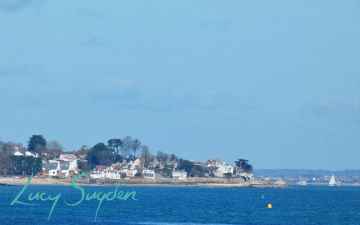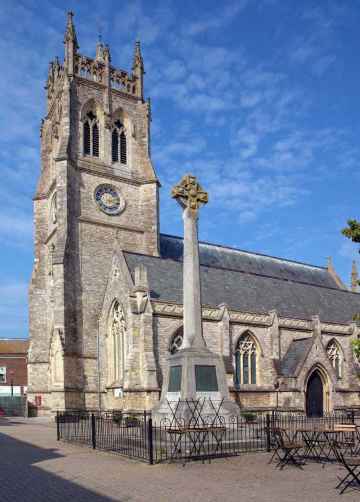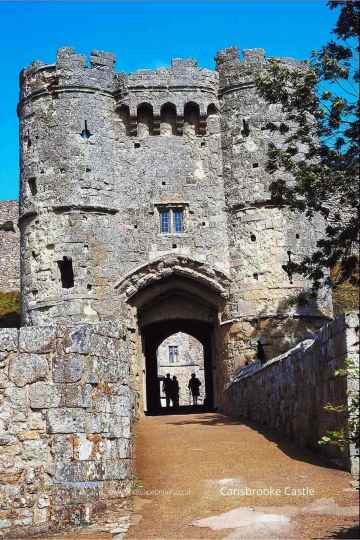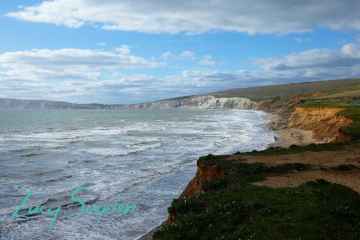East Cowes
East Cowes is a Town in the county of Isle of Wight.
There are great places to visit near East Cowes including some great villages, ruins, beaches, towns, castles, historic buildings, geological features and hiking areas.
There are a number of villages near East Cowes including Bembridge, Carisbrooke, Fishbourne, Wootton Bridge, St Helens - Isle of Wight, Shanklin Old Village, and Luccombe - Isle of Wight.
East Cowes has some unmissable ruins nearby like Culver Battery, and Carisbrooke Castle.
Whitecliff Bay, Compton Bay and Downs, Compton Bay, and Totland are some of East Cowes best beaches to visit near East Cowes.
Towns to visit near East Cowes include Newport - Isle of Wight, Ryde, Cowes, Shanklin, Sandown, and Yarmouth.
Castles to visit near East Cowes include Carisbrooke Castle.
Don't miss Carisbrooke Castle, St Helens Duver, The Needles Lighthouse, The Needles Battery, and Fort Victoria's historic buildings if visiting the area around East Cowes.
The area around East Cowes boasts some of the best geological features including Compton Bay and Downs, and The Needles.
Don't miss Culver Down's hiking areas if visiting the area around East Cowes.
East Cowes History
There are some historic monuments around East Cowes:
Places to see near East Cowes
History of East Cowes
In East Cowes Norris Castle was designed in the Norman style by James Wyatt in the late eighteenth century. The building survives and today remains a private home. In 1798, the architect John Nash, began building his home, East Cowes Castle, where he later entertained the Prince Consort and other prominent guests. East Cowes Castle was notable for its Gothic towers and turrets, and elaborate castellation. Nash died in 1835 and is buried in the tower of St James’ Church which he also designed. East Cowes Castle was severely damaged by bombing in World War II It was demolished during the 1960s, although the ice house remains and is visible in Sylvan Avenue. Cowes and East Cowes became a single urban district in 1933.





















